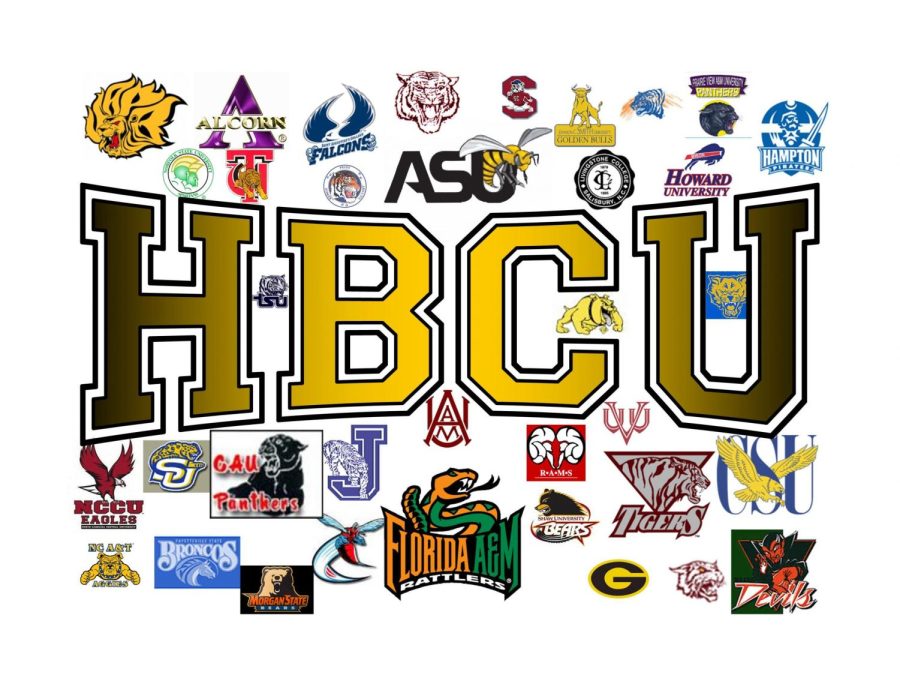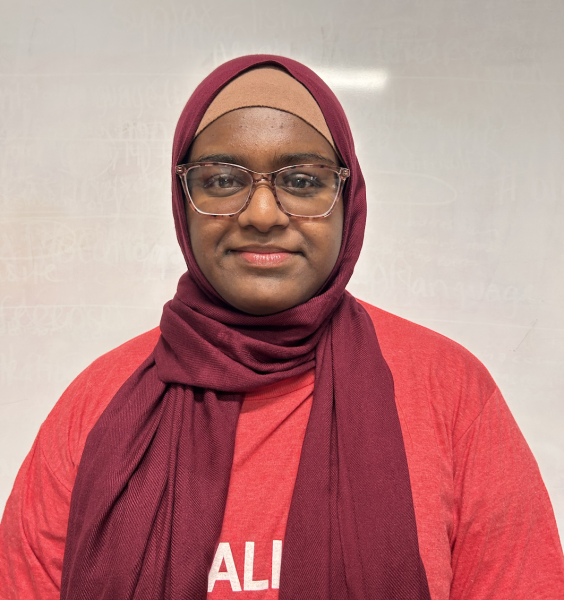“Students can embrace the Black culture without feeling like the odd one out”: a look into the history of HBCUs
The Holly Spirit reached out to alumni and incoming students to gain insight into what HBCUs mean to them
March 1, 2022
Imagine you are a freshman at Howard University and today is your first day. All of the upperclassmen extend their greetings to you and your class, making you feel very welcome. Most of your peers come from similar backgrounds, and many of them demonstrate an understanding of Black culture and history. Isn’t that all you want, to feel at home in college?
This is just one example of the HBCU culture. Historically Black colleges and universities (HBCUs) were founded around the beginning of the nineteenth century. Cheyney University was the first HBCU to be established on February 25, 1837. The purpose of HBCUs was to provide African Americans with the opportunity to pursue graduate or undergraduate education without discrimination from higher education settings. These universities have significant historical significance in the United States. Some of the greatest Black leaders have graduated from these colleges. Activist and historical hero Dr. Martin Luther King Jr. graduated from Morehouse College.
Even though the era of segregation has ended, HBCUs are still the choice of many students. They are now called “historically” Black colleges because non-Black students make up a quarter of HBCU enrollment. According to an organization called Affordable Colleges, HBCUs provide Black students with an affordable, supportive and more comfortable environment. This is why these establishments still exist and are important.
“HBCUs are as great as any other colleges, moreover, they push students to work harder and become leaders in STEM,” stated history teacher Mrs. Thomas during her Black History Month lesson on HBCUs. She graduated from Morgan State University, an HBCU in Maryland. During her lesson, she emphasized the culture and education system at many HBCUs. She talked about how these colleges are often underrated, and how many people have mistakenly thought that these schools are not academically rigorous enough compared to other major colleges and universities. However, she makes it clear that she has received a good education and believes students planning on going will too.
Just like Mrs. Thomas, many students of RV have applied, been accepted or have already been counting the days to pack their bags to go to one, including seniors Elijah Morman, Nia Plair and Samiah Carrier.
“In the more general view, an HBCU is a school that caters to minority students, especially Black,” said Mormon. “Since we have grown in what can be called a more predominantly white school, Black, Latino and other minority students sometimes don’t feel comfortable enough. By going to an HBCU, those students feel like they are more welcomed. This experience will let them finally find happiness in their true identity.”
“HBCUs are an educational community for Black students to be educated around Black excellence,” said Plair. “They are a place where Black students will feel like they are for once, the majority. They also provide the pleasure of finding a giant Black population.”
Plair highlights the aspect of Black pride in education. She added how at RV, which is a public high school, she has only been taught by two Black teachers, and she feels the need to be taught by more people that look like her. Morman and Carrier also agree. They all think that at an HBCU, Black students can find a community of people just like them and can further engage in the Black culture.
“Students can also embrace the Black culture without feeling like the odd one out,” Carrier shared.
“Just the fact that if I go to one, I feel a responsibility for doing my best to prove that HBCUs are great schools,” said Plair.
Morman also pointed to the fact that an HBCU won’t just see him as an artist, but as a “Black artist,” and because of that, he thinks that these schools will try harder to make him successful, motivating him to go.
Many students also point to political and social motivations for their choice to attend an HBCU. The three seniors all noted that the Black Lives Matters movement that started in 2020 motivated them even more. They expressed the idea that they want to show their pride in being a student color by going to these establishments.
HBCUs continue to be some of the most historically rich and educationally sound institutions out there, competing heavily alongside Ivy League schools and offering countless students with meaningful opportunities to further their education and enrich their lives. The students’ answers show that an HBCU will provide an exclusive experience for students who don’t feel as they fit in and also celebrate Black culture.






